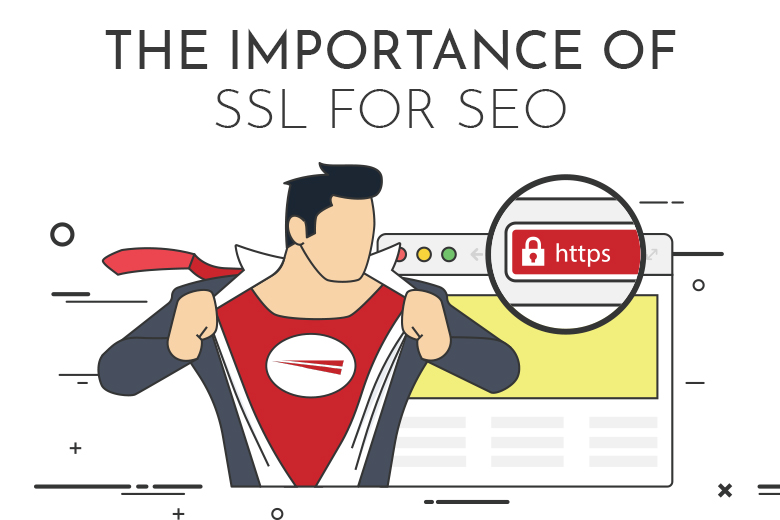
SSL Certificates – What Are They?
SSL is a type of technology that encrypts data, ensuring that it stays secure as it passes along the internet from computer to computer. This protects all types of data, from credit cards to email addresses and any other information that is collected by a website. An SSL Certificate, also known as a Digital Certificate, is issued by a Certificate Authority, who authenticates the purchasers identity. This not only protects your data, but lets users know that their data is secure from hackers and remains confidential.
Are SSL Certificates Important for All Websites?
It may seem that having an SSL to protect data is only critical for websites that are collecting very sensitive information, like credit card numbers used to purchase from eCommerce websites. While this is definitely important for securing personal information, it has become increasingly important for all websites to employ such security. Why is it so important?
For starters, employing an SSL certificate on your website acts as a symbol of trust to your users. Even a new user to the internet realizes that data breaches and online fraud is on the rise. Having a symbol of security and authentication lets your users know that you are who you say you are, and any data that might be collected will be kept secure. In addition, search engines like Google and Yahoo / Bing have begun using the presence of an SSL Certificate as a ranking factor. This means that having a secure website will aid in your SEO (Search Engine Optimization). Watch a short video on how your website might show ‘Not Secure’ on Google Chrome.
How SSL Impacts a Website’s SEO
There are both direct and indirect impacts to a website’s overall SEO stemming from the presence of an SSL Certificate.
In 2014, Google announced that they would begin giving a slight ranking boost to secure websites. While it’s a minor direct ranking signal, there are other indirect benefits from having a secure site that can also improve your rankings. For example, bounce rate – which is the % of people that come to your website and immediate leave – has an impact on your site’s overall rankings. If a website isn’t secure, a user will see the “Not Secure” flag at the top of the screen, which has been shown to cause many users to immediately leave, thus increasing that website’s bounce rate, which can negatively impact rankings. On the flip side, users are much more likely to stick around longer if they feel they can trust the site, which is best done by providing security to its users.